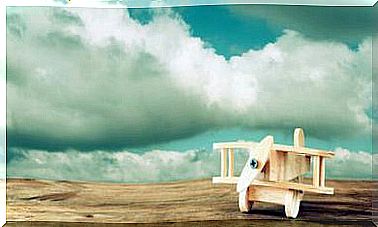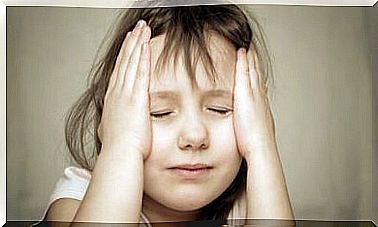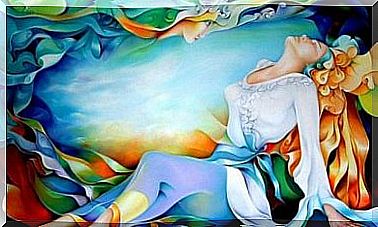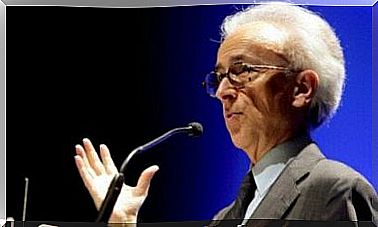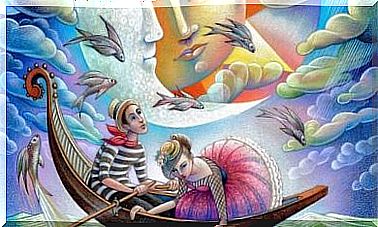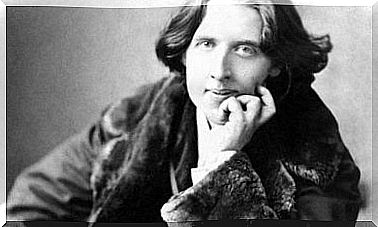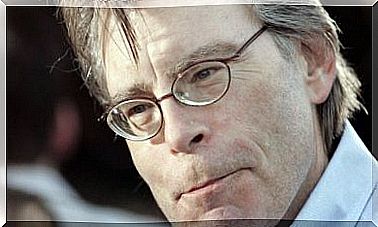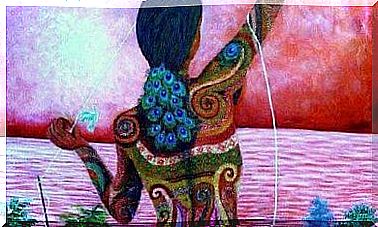What Exactly Does Natural Selection Mean?
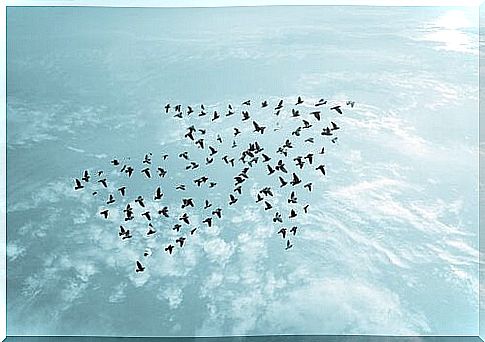
We have all studied or at least heard about Darwin’s theory of evolution and his ideas about natural selection. However, do we really understand what evolution means? If we ask the majority of the population about evolution, we will likely encounter the following answers:
- “That’s the theory that says humans came from apes.”
- “It is the survival of the fittest.”
- “Natural selection is for animals and technology allows us to avoid it.”
- “Evolution is when species gradually adapt or develop more.”
These statements are full of errors. They show us that few people really understand natural selection in depth. The central idea of Darwinism is that species adapt to their environment in order to survive. Those that don’t do this disappear.
What does “adjust” actually mean? It refers to the ability of a species to reproduce in a particular ecosystem and ensure the survival of its offspring.
Many myths and errors have arisen from the misinterpretation of this core idea. In this article we give an overview of the most common mistakes.
We will discuss and contrast a number of things. These are the topics: (a) natural selection as a linear process, (b) the differential adaptation of species and (c) natural selection as a struggle against everything.
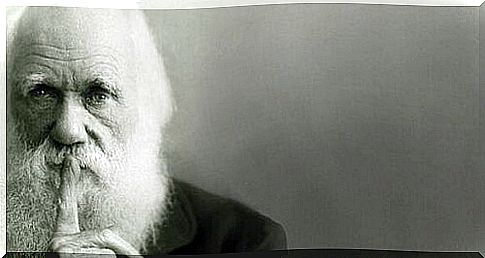
Natural selection as a linear process
One of the most common misconceptions is that people view Darwinism as a linear development of a species. They then view it as if it kind of changes from generation to generation.
However, evolution doesn’t work this way. This error may be a result of teaching human evolution as a succession of different hominids.
However, if we want to understand natural selection, the metaphor of a sieve is more appropriate. Many stones are thrown into the sieve. However, only the stones with the correct shape are selected. The rest is discarded.
Over time, these stones and other new stones are thrown into another sieve where they are reselected. In this way there is a sifted continuum. Some stones stay longer and others disappear.
Along with all other living beings, human beings play the role of those stones selected by the sieve. The living beings that do not adapt to the changing context will disappear or have to change their environment.
In the course of this process, the species mutates and changes. An important nuance is the fact that the context also varies over time. A species or individual that has adapted in the past cannot adapt in the future and vice versa.
The differential adaptation of a species
This is one of the most widespread and incorrect ideas. “The human being is the most adapted animal on Earth” and “We are at the top of the evolutionary pyramid.” If we look at the definition of adaptation, we will see that it consists of surviving and having offspring that survive.
In short, adaptation means preserving the existence of the species. Moreover, we can deduce from this that all species that currently exist have also adapted. This is because you either exist or you don’t exist.
With this fact many will allude to the great achievements of human beings or to their high intellectual aptitude. They do this to distinguish them from other living things.
Just as the cat used its claws to survive, human beings have used their intellect. Each species possesses different qualities that allow them to survive.
It is true that human beings have built complex societies to achieve this. A bacterium simply does this with its resistance and its great ability to reproduce. However, we can also view human beings as students struggling to pass a grade.
Bacteria are then students who study and pass on the day of the test. The end result is the same for both.
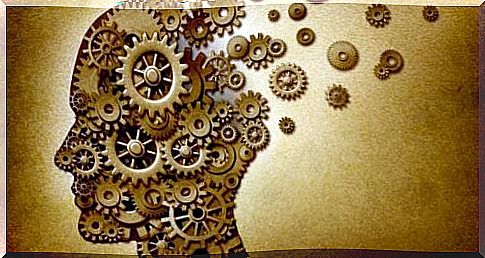
Natural selection as a battle against everyone
Finally, we will discuss the myth where we view natural selection as a struggle for existence or the survival of the fittest.
Remember that those species survive that adapt to their environment. If the context favors those who attack, then they will survive. If the context favors those who flee, they will be the adapted species.
Hobbes said, “Man is a wolf to man.” He believed that human beings are ruthless and selfish by nature, competing with other people.
However, you only need to review the principles of natural selection and observe nature to see that this is illogical. Human beings and the vast majority of species have been able to survive thanks to their mutual support.
The ability to live in collaborative communities or herds allows for a better response to environmental challenges. However, this does not mean that violence and competition do not exist. This has been shown to be an adapted behavior in many situations.
However, we must also remember that fighting is not the main protagonist in natural selection. Struggle and mutual support are both simply part of the species’ repertoire to confront their environment and the difficulties that may arise.
